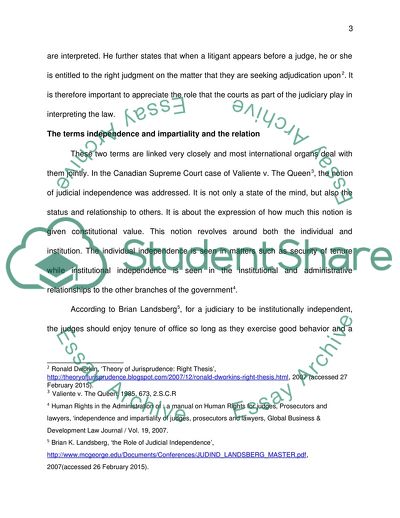Cite this document
(Public law Essay Example | Topics and Well Written Essays - 1750 words, n.d.)
Public law Essay Example | Topics and Well Written Essays - 1750 words. https://studentshare.org/law/1862053-public-law
Public law Essay Example | Topics and Well Written Essays - 1750 words. https://studentshare.org/law/1862053-public-law
(Public Law Essay Example | Topics and Well Written Essays - 1750 Words)
Public Law Essay Example | Topics and Well Written Essays - 1750 Words. https://studentshare.org/law/1862053-public-law.
Public Law Essay Example | Topics and Well Written Essays - 1750 Words. https://studentshare.org/law/1862053-public-law.
“Public Law Essay Example | Topics and Well Written Essays - 1750 Words”. https://studentshare.org/law/1862053-public-law.


